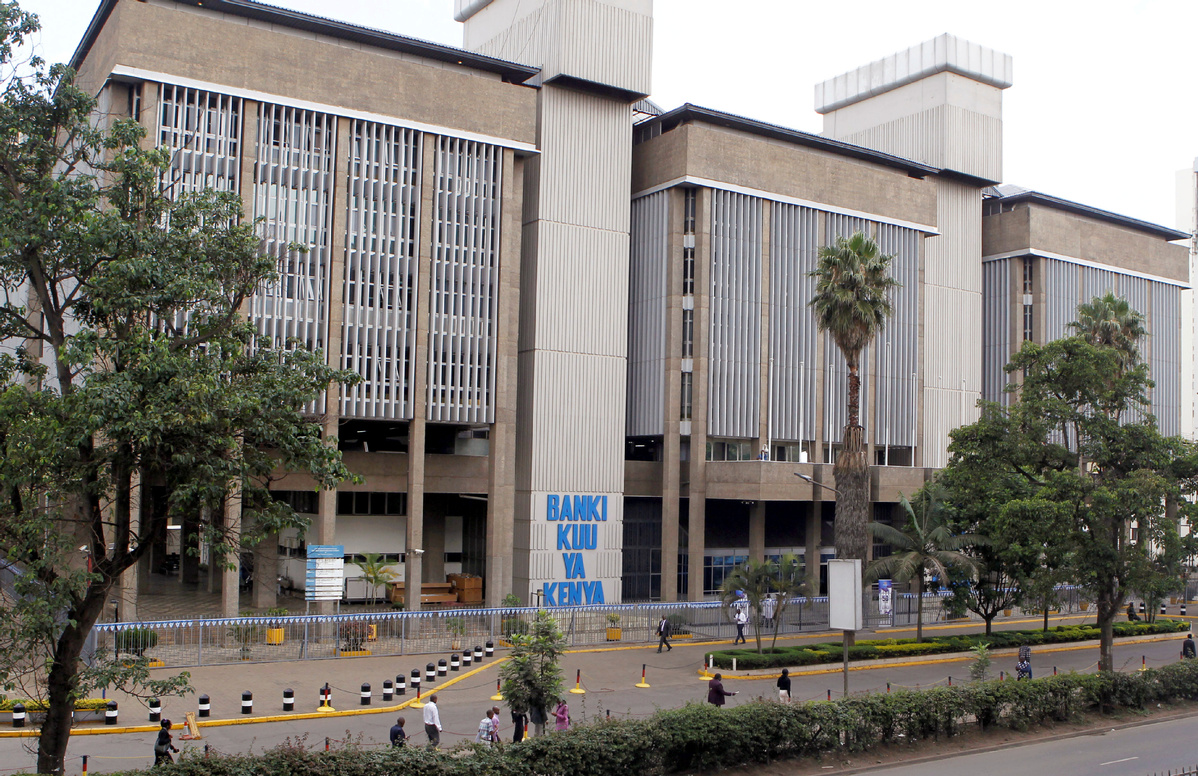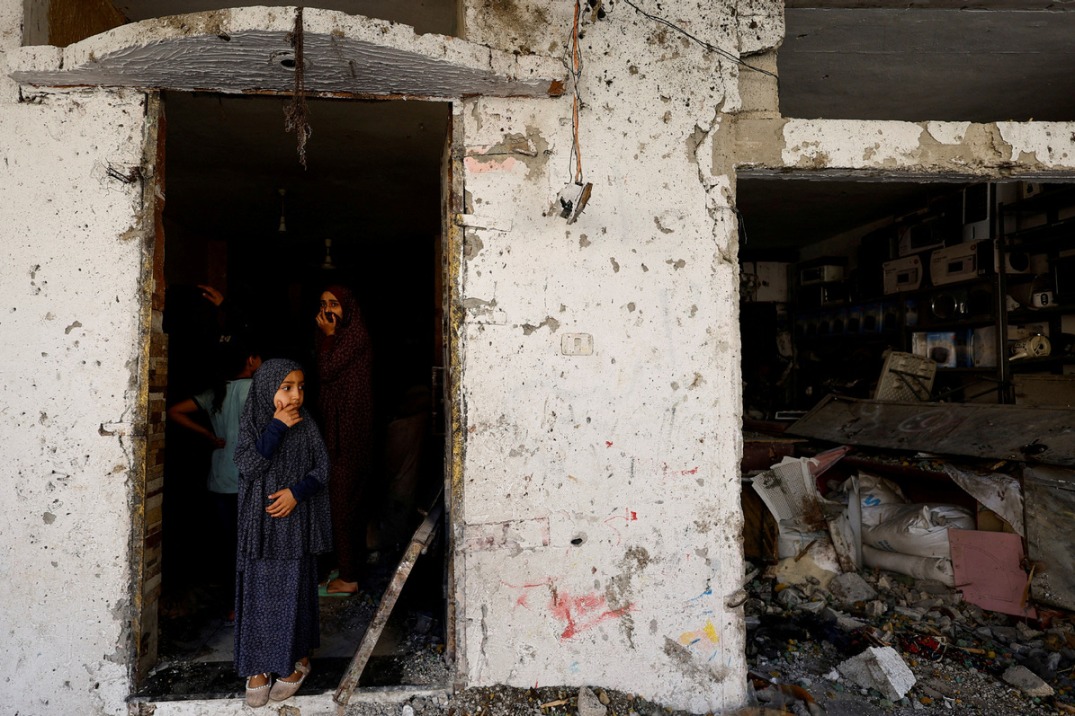African central banks encourage cashless transactions to combat coronavirus


Some African central banks are encouraging clients to embrace cashless transactions in an effort to combat the spread of coronavirus that has so far infected 638 people and claimed 16 lives in the continent.
The apex banks urged clients to use mobile money transfers, online, debit and credit card transactions as opposed to cash, as it could be a source of transmission.
The Central Bank of Kenya issued new directives on Monday aimed at facilitating increased use of mobile money transactions instead of cash to reduce the spread of the virus that has so far infected seven people in the country.
According to measures that are expected to be in effect until June 30, mobile money transactions up to $9.63 will not be charged.
Other measures include an increased transaction limit for mobile money to $1,445, an increased daily limit for transactions to $2,889 and an increased mobile money wallet limit to $2,889.
The monthly total limit for mobile money transactions was eliminated, as well as charges for transfers between mobile money wallets and bank accounts by PSPs and commercial banks.
"While the immediate objective is to reduce the risk of transmission of coronavirus by handling banknotes, this will also reduce the use of cash in the economy over the medium term," a statement from the bank read.
In response to the central bank’s directives, Safaricom and Airtel — the largest telecommunication companies in Kenya — waived their transaction fees.
Absa Bank also announced a waiver on several transactions, including transaction fees on money transfers between mobile wallets and bank accounts, until June 30.
It also said it would give a 0.3 percent cashback on Absa card swipe transactions starting March 25, for a period of one year. The cashback will be paid to customers’ current accounts monthly.
"We strongly encourage our customers to use cashless transactions to further reduce the risk of infection," a statement from the bank read.
Similarly to the Central Bank of Kenya, the Central Bank of Nigeria has also called on Nigerians to adopt electronic transactions as opposed to cash to minimize spread of coronavirus that has so far infected eight people in the country.
In an interview with the News Agency of Nigeria in Lagos on Tuesday, Isaac Okoroafor, CBN director of corporate communications, said internet banking, electronic transfers, mobile banking apps and USSD transfers are better alternatives for controlling the spread of coronavirus and comes with several other advantages.
"Its efficiency has minimized liquidity, settlement, systemic credit and operational risks which were inherent in financial transactions. It is secured, reliable, accessible, prompt and cost-effective to meet all users’ needs. Nigerians should use it," Okoroafor said, as reported by Ventures Africa.
The adoption of cashless transactions is part of Nigeria’s preparation for the Cashless Policy implementation, to be in effect from March 31. The policy is aimed at reducing robberies and other cash-related crimes.
The Central Bank of Nigeria also announced six policy measures to cushion the country’s economy against the impact of coronavirus.
The measures include: extension of moratorium on loans, interest rate reduction, creation of a $136 million fund, credit support for healthcare sector, regulatory forbearance and strengthening of loan-to-deposit rate policy.
Athanasie Niragira, head of marketing and customer services at Equity Bank Rwanda, told The New Times they are urging their customers to go digital.
"There is no need to go to the bank when you can use your mobile phone or card for transactions; be it loans, payments, loans or airtime top-up," Niragira said.
The World Health Organization has also advised people to wash hands after handling cash, noting the virus could be spread through cash. The organization has not issued an official warning about banknotes.



































